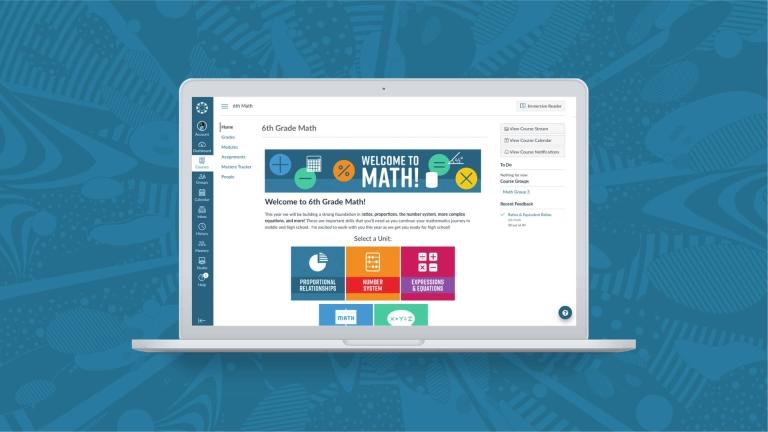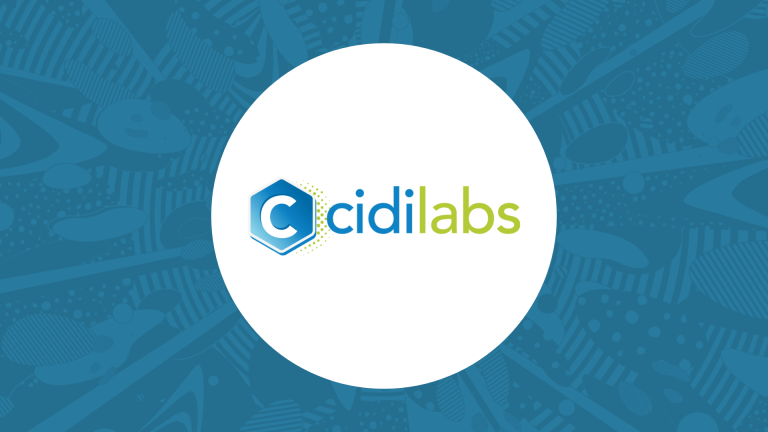
Given the ongoing impact of the global pandemic, it may come as no surprise that students are finding it harder to stay engaged with their classes and coursework.
In fact, there’s been a significant decrease in student engagement from 2020 to 2021, according to our 2021 global study, the State of Student Success and Engagement in Higher Education. In 2020, 69% of all students surveyed reported feeling engaged with their classes and coursework, a number that declined by 5 percentage points in our 2021 survey, to 64%.
Students’ perceptions of engagement
As future uncertainty remains and hybrid learning becomes the new norm, creating meaningful, interactive experiences between faculty and students, and connecting students with one another will be critical to continued student engagement in hybrid and remote courses.
As it turns out, students have a lot to say about what can help them stay engaged.
According to students, hands-on instruction and experience-based learning are the most impactful learning strategies, increasing in importance from 2020.
In 2020, the most impactful engagement strategies involve hands-on instruction (47% in 2020 to 53% in 2021) and experience-based learning (46% in 2020 to 53% in 2021).
Other methods that students also find valuable, according to our survey:
- Personalized instruction
- Project-based learning
- Team assignments
- A mix of online and in-person learning
- Integration with technology tools
Additionally, the role of immediate feedback can’t be understated: 47% of students believe it improves their engagement.
Additional factors impact engagement across the globe. For instance, in North America, institutions are significantly more likely to find smaller class sizes (50%) and in-person instruction (50%) more important than other regions around the world.
The Role of Faculty Engagement in the Student Experience
Of course, supporting student engagement starts with skilled and dedicated faculty that are knowledgeable in their subjects and in pedagogy. Importantly, faculty themselves must feel engaged in their work and technologically proficient, since “faculty engagement is highly predictive of a high-quality student experience,” according to research by Gallup. As such, institutions actively working to improve faculty technology proficiency and online course intentionality will be better positioned to help students succeed in any environment.
The Role of Technology in Student Engagement
Students desire and require personalized, immersive instruction in both virtual and in-person learning environments. A key question for educators is how to leverage technology to demonstrate a skill and provide a hands-on learning curriculum with practical experiences.
Our survey found that students that use a learning management system (LMS) (69%) are significantly more likely to feel engaged with their classes and coursework than students overall (64%).
That’s in part because use of an LMS can increase two-way communication and student engagement, regardless of the course delivery type. Many believe their LMS positively impacts student engagement in classes and lectures (71%), significantly more so at APAC institutions (76%).
According to our study, LMSs are used for a multitude of purposes, including:
- Homework/assignments (82%)
- Tests/quizzes (80%)
- Material sharing (80%)
LMS capabilities are also designed to support peer-to-peer collaboration and immediate feedback for students, two things that can go a long way in keeping students connected to faculty and their peers.
Your LMS is also a vital tool for the delivery of the dynamic learning experiences students crave and can support a range of student learning styles.
Combining immersive technology, such as virtual reality and interactive video, that open new adaptive learning channels and mechanisms with collaboration tools that provide instant feedback, peer comments, and formative feedback loops can create opportunities for student engagement to increase. So can gamifying badges and certificates, where students receive badges as rewards for achieving proficiencies.
Finding Additional, Innovative Uses of LMS
There are numerous ways to deploy your LMS and its data to help keep students engaged. In just one example, University of California, Berkeley, a longtime user of Canvas, first implemented an online advising tool in Summer 2019 to support student athletes needing to track their eligibility to play. Leveraging Canvas data and standards, Berkeley Online Advising (BOA) is now being used campus wide by over 900 advisors to support our 30,000+ undergraduate students.
For the study, we worked with Hanover Research, and sought the input from 7,687 current students, administrators, and faculty from 2-year, 4-year, public, and private higher education institutions across 18 countries. Our goal: defining measurements of student success and identifying factors for engagement.
Download the Report
Get more insights from our 2021 State of Student Success and Engagement in Higher Education. Download the report now here.
Related Content
 Teaching-With-Tech-10-Benefits.jpg
Teaching-With-Tech-10-Benefits.jpgBlogs
 cidilabs.png
cidilabs.pngBlogs
 canvas_x_tg_logo_lockup_780_x_520.png
canvas_x_tg_logo_lockup_780_x_520.pngBlogs
